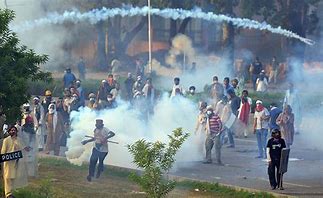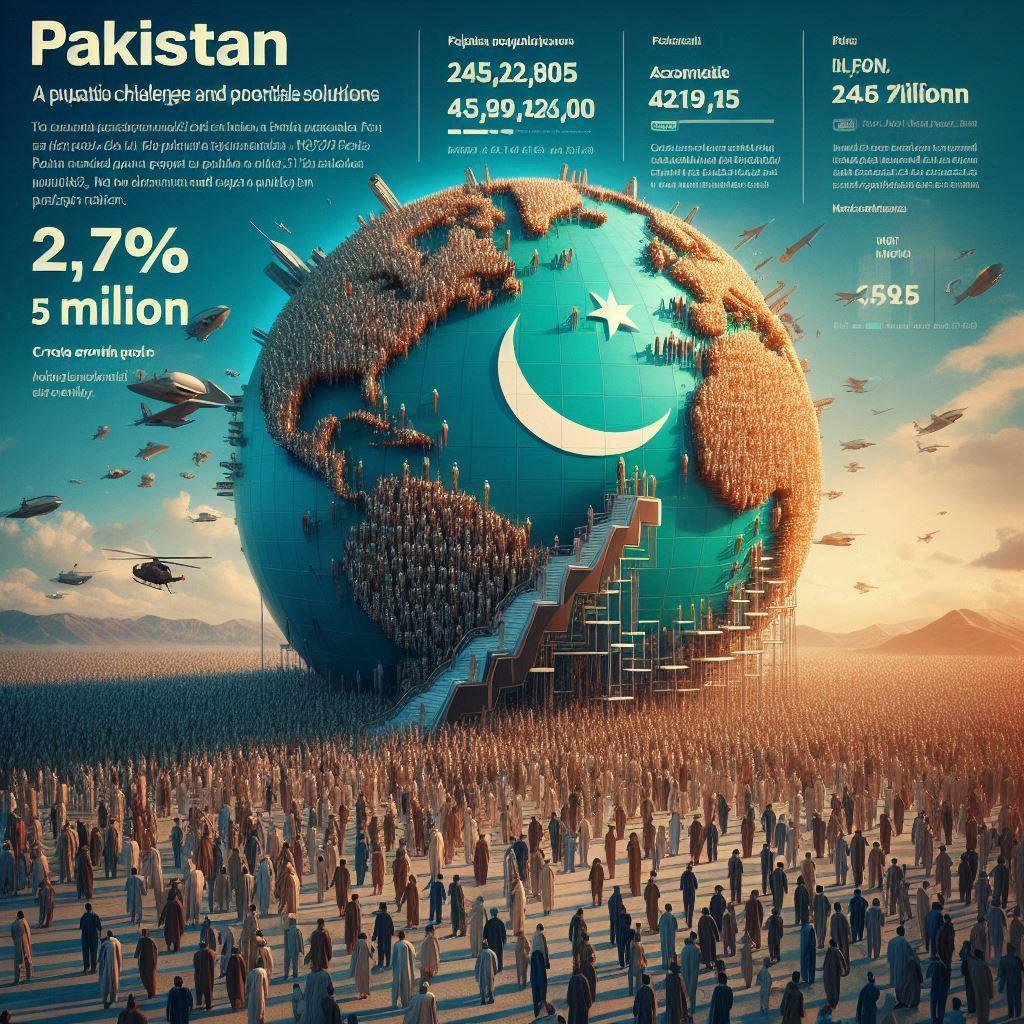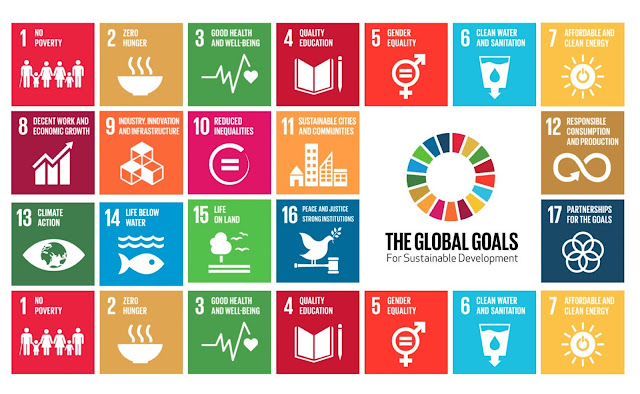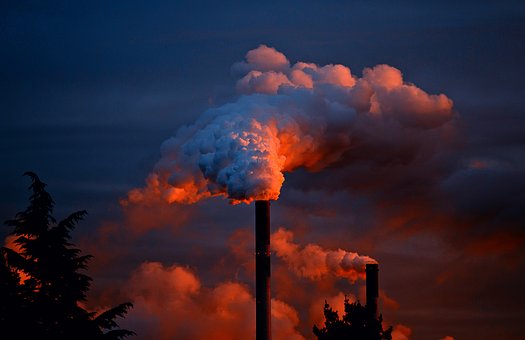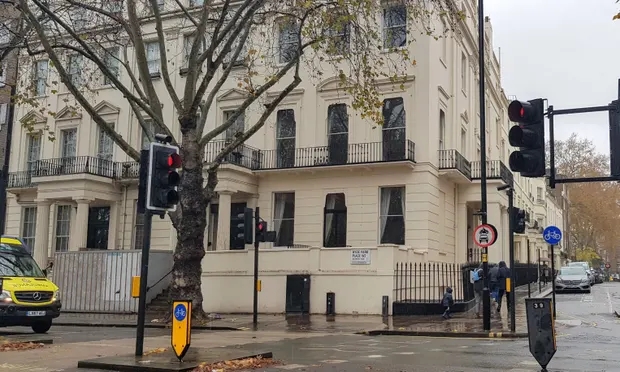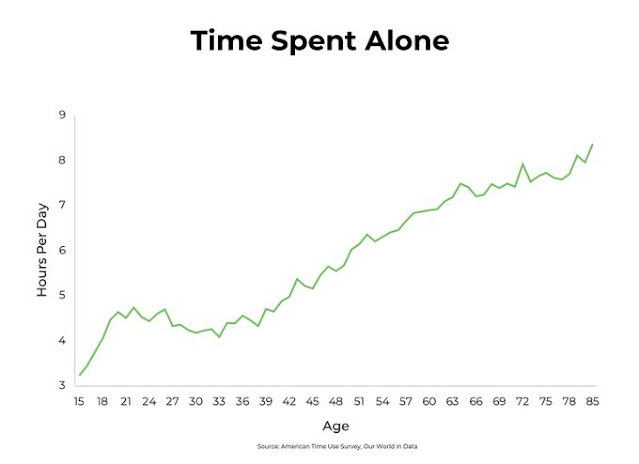In the intricate landscape of Pakistan’s political and security terrain, there exists a perplexing and contradictory definition of terrorism. This nuisance has been highlighted by Dr Moeed Pirzada, a senior journalist in Pakistan, who claims that the very state responsible for its establishment is troubled with confusion regarding the identification and classification of terrorists.
Paradoxes
Dr Moeed Pirzada quotes some incidents from the recent history of Pakistan to justify his claim. The case of Imran Khan, Asad Umar, and Dr Arif Alvi serves as a prime example, as they faced terrorist charges in 2014. Then they get to positions of power, becoming the Prime Minister, Finance Minister, and President, respectively, in 2018.
The landscape of confusion dilates further under the administration of Pakistan Tehreek-e-Insaf (PTI). Sheharyar Afridi was tasked with investigating Rana Sana Ullah in an important Anti-Narcotics Force case. Today, however, Rana Sana Ullah holds the position of Interior Minister, while Sheharyar Afridi finds himself facing terrorism charges and imprisoned.
The conflicting narrative extends beyond individuals to encompass various journals and journalists. These entities have been accused of being terrorists, anti-state actors, or even Indian agents. Astonishingly, some of these very same journals and journalists now enjoy favours with the establishment or the state. The case of Arshad Sharif, a journalist and brother of a Pakistan Army Martyr, exemplifies this paradox. He was a patriotic investigative journalist who was tragically declared a terrorist and subsequently killed in Kenya under suspicious circumstances involving the unseen forces of Pakistan, with alleged assistance from the local police. Furthermore, Imran Riaz, another journalist, has been missing for nearly two months, presumably due to similar circumstances. Notably, Dr Moeed Pirzada himself and several other respected senior journalists have felt compelled to flee Pakistan, as the state has labelled them terrorists, subjecting them to life-threatening situations.
Even the PTI protestors of May 9th have been unjustly accused of terrorism, despite their peaceful demonstration with bare hands, protesting against the unlawful abduction of their leader, Imran Khan, from the jurisdiction of the Court in Islamabad.
The TTP is recognized as a terrorist organization also. During the recent Zhob Garrison Attack, the individuals who killed nine soldiers of the Pakistan Army are also considered terrorists.
Consequences
Such incidents raise serious questions about the legitimacy of the state’s claims and its contradictory attitudes across different political regimes. The blurred lines of the terrorist definition showcase the confused personality and psychological disorder of those who claim to be the real power of the establishment in Pakistan. It is significant to note that India often attributes this confusion to the Army Chief, ISI Chief, or a few top-ranking generals who allegedly control the entire establishment.
Beyond the immediate consequences on individuals and institutions, this contradictory stance on terrorism violates the fundamental human rights of individuals within Pakistan. The right to a fair trial, due process, and freedom of expression are all essential tenets of a democratic society, principles that should guide the nation’s efforts to combat terrorism. However, the inconsistencies and contradictions that saturate the Pakistani definition of terrorism undermine these principles, leaving a worrisome impact on the country’s human rights landscape.
Conclusion
In conclusion, the confused definition of terrorism in Pakistan raises numerous concerns and challenges the legitimacy of the claims made by the state. This paradoxical situation engenders a sense of unease and questions the integrity of the establishment. The consequences are far-reaching, extending beyond individuals to include the violation of human rights. For Pakistan to progress and foster a just society, it must address this confusion, reassess its definition of terrorism, and strive for consistency and fairness.

